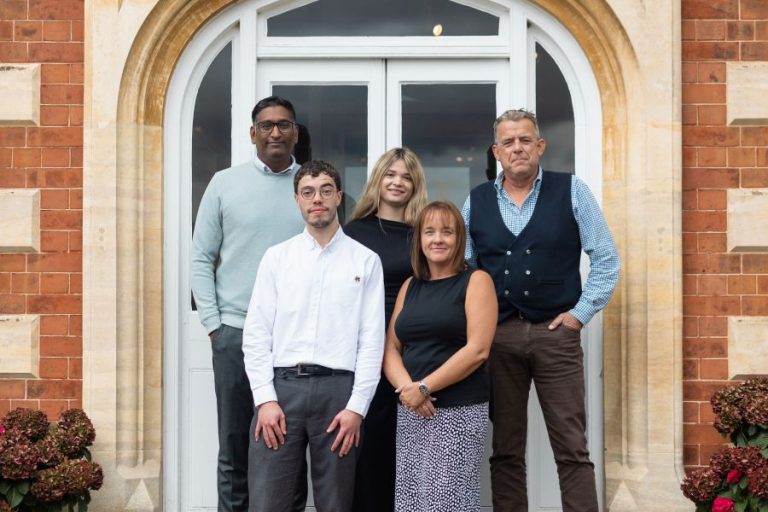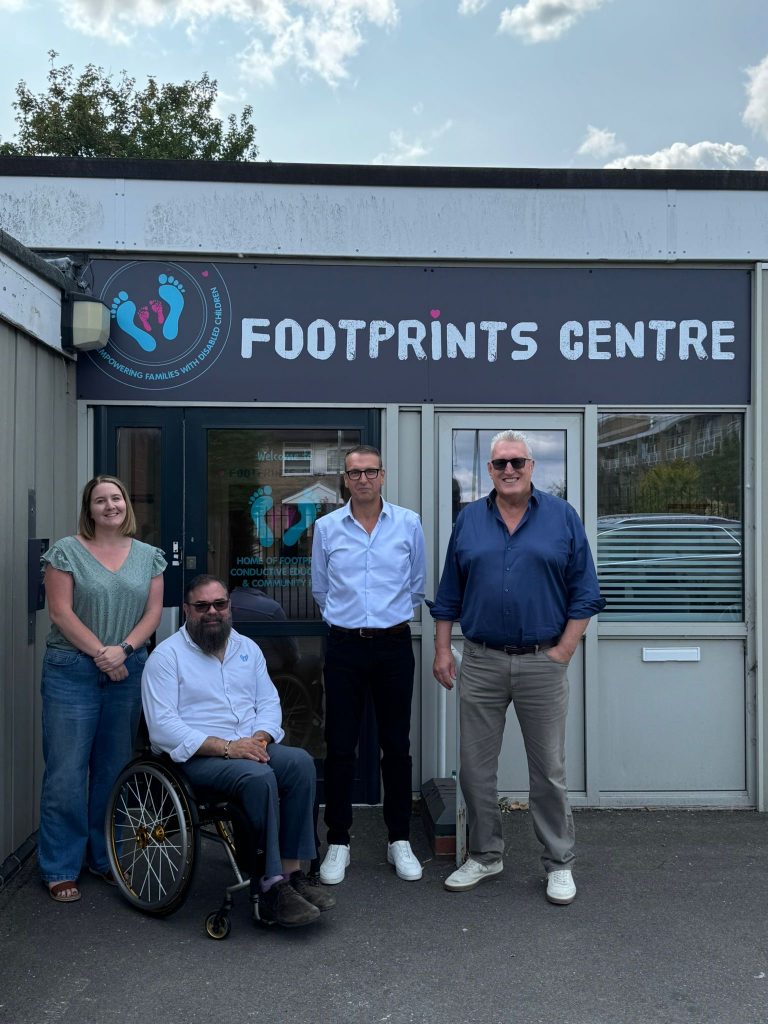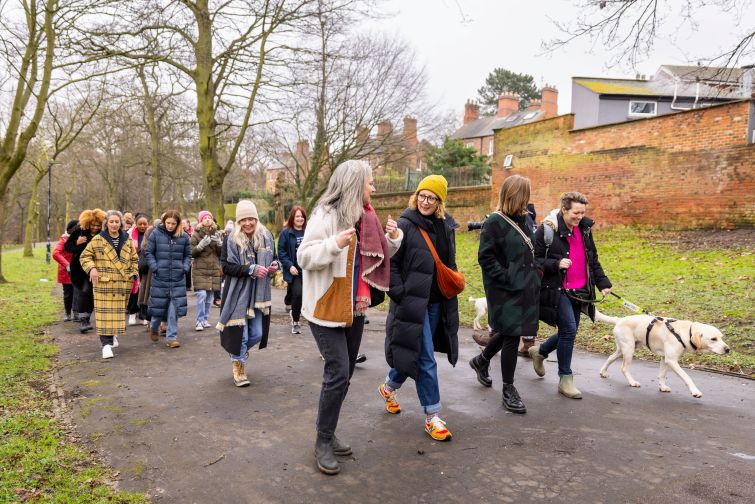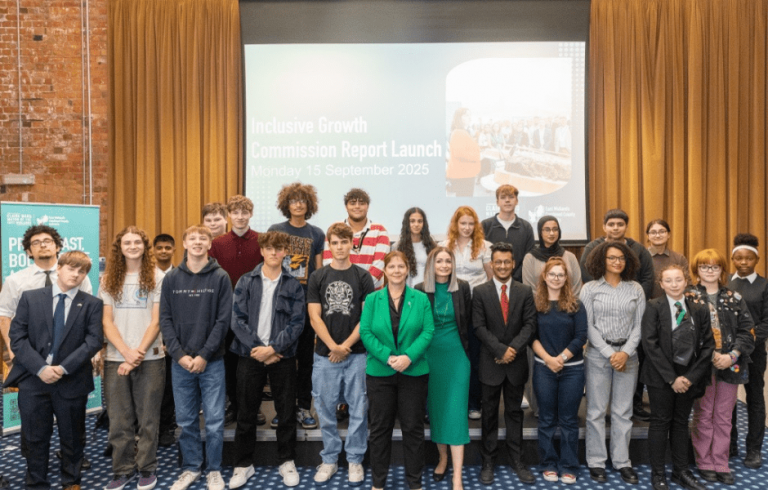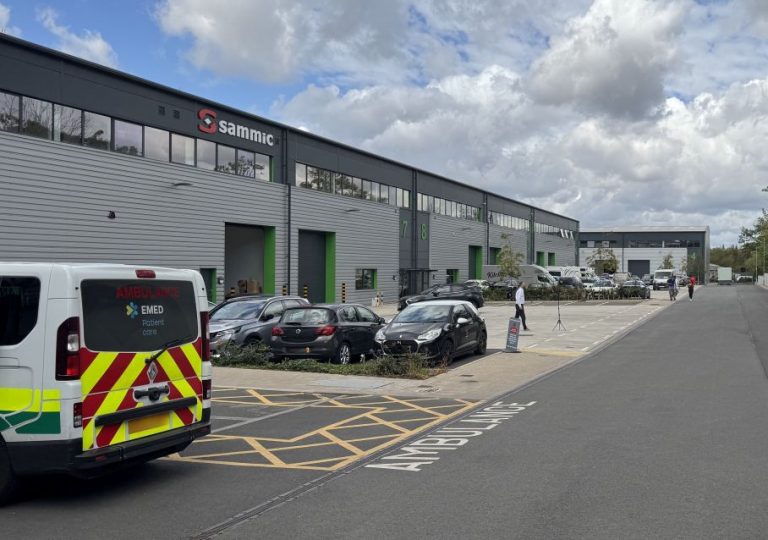SoundingBoard has made its panel of experts available to help Leicestershire businesses and nonprofits looking to overcome barriers to growth.
The volunteer-led social enterprise offers local businesses a unique opportunity to unlock growth with the help of ideas from selected panels of seasoned business leaders.
Each month, SoundingBoard convenes a panel of experts to meet in Loughborough for an intensive 2-hour session focussed purely on the unique situation of one invited business.
Guest businesses use the sessions to get ideas and introductions which help them capitalise on opportunities and address barriers to growth. The confidential sessions provide tailored, high-level discussion, and practical ideas which help to drive local economic development.
A manufacturing consultancy that received SoundingBoards support said: “SoundingBoard gave us new avenues to explore and a renewed impetus to stretch ourselves and grow as a business. It was a highly valuable session.”
SoundingBoard director Scott Charlish said: “We estimate that it would cost around £2,000 to access two hours of our panel’s time on the commercial market – if indeed it were possible to buy such a service on the commercial market.
“Our aim is to focus our panellists hundreds of years of combined experience and networking on generating ideas and network introductions for local entrepreneurs – all at no cost to them.”
Initially launched in 2021 – then named nCourage – the panel has since met with dozens of East Midlands SMEs, social entrepreneurs, and charities. It was incorporated as a Community Interest Company (CIC) in 2024.
The CIC began trading as SoundingBoard in Spring 2025, when a UKSPF grant from Charnwood Borough Council enabled it to rebrand and launch an automated website.
The website is now being used to accelerate SoundingBoard’s impact by providing an automated channel for prospective guests and panellists to register their interest.
Councillor Jenni Tillotson, lead for economic development, said: “Charnwood Borough Council’s Economic Development Strategy strengthens our local economy by prioritising our business environment, people and skills, and innovation.
“SoundingBoard itself supports those three priorities, but also helps other local nonprofits and SMEs to grow too.
“It’s a unique community-led solution to overcoming business growth barriers, which is why we wanted to help accelerate its development through UKSPF.”
Since its pilot in 2021 and incorporation as a Community Interest Company in 2024, SoundingBoard has already met with more than 20 local businesses.
Guests have ranged from tech firms to manufacturers, charities to university spinouts.
A Leicestershire creative business owner described who attended a previous panel said: “This is a rare opportunity for a business owner or entrepreneur to take a good look at their business and aspirations with professionals who can help give you a better perspective.”



